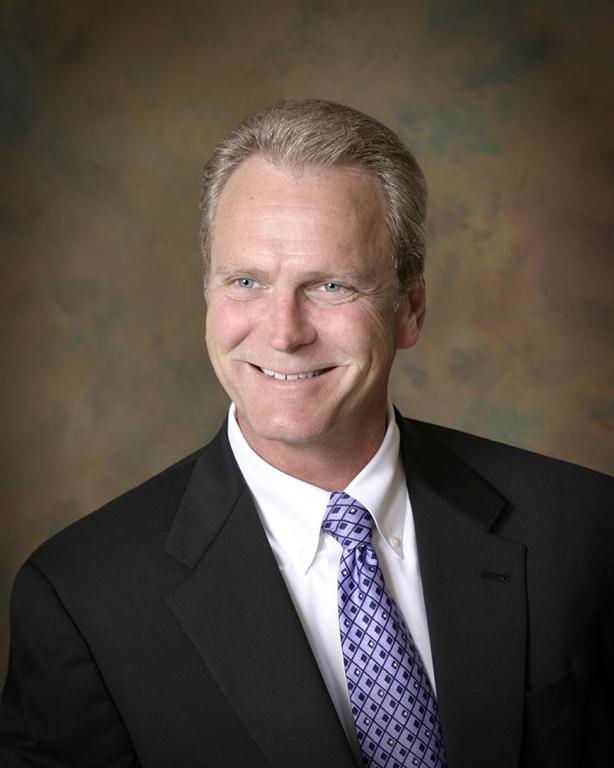Call: (407) 331-6620 or (850) 439-1001
Toll-free: (888) 331-6620

Numerous employers have instituted a ban on hiring smokers and other tobacco users and many more are considering similar bans. The majority of employers imposing prohibitions on hiring smokers are hospitals and other healthcare related organizations, but some large non healthcare related employers have also instituted bans. Smoking bans have been instituted in Arizona, Florida, Georgia, Michigan, Missouri, Pennsylvania, Tennessee and Texas and the list is growing.
Many organizations refuse to hire smokers for policy reasons. According to the CDC, smoking and tobacco use account for approximately 443,000 premature deaths per year. Smoking is the leading preventable cause of death, disease and disability in the United States according to the CDC. The World Health Organization, the American Lung Association and the American Cancer Society all refuse to hire smokers because it is part of their core mission.
Employers are instituting bans on hiring smokers due to the increased cost of employing smokers. The Centers for Disease Control and Prevention (CDC) estimates that smokers cost employers approximately $193 billion each year in increased healthcare costs and lost productivity. The average employer pays approximately $4,000 per year in additional health insurance costs for each smoker. The average smoker seeking health insurance through the exchanges is also seeing insurance rates of approximately $4,000 per year above those for a comparable nonsmoker.
Most of the employer smoking bans apply to all nicotine in any form including smokeless tobacco and some e-cigarettes. The smoking bans usually apply to new hires and include pre-employment drug screens for nicotine. Some of the employers that have instituted smoking bans also include random testing as part of their programs. Most employers have instituted the smoking ban as an extension of their smoking cessation programs for current employees.
Opponents of the smoking bans claim they unfairly single out smokers, or other tobacco users, while ignoring other unhealthy choices by employees. Opponents also object to an employer regulating off-duty conduct particularly when the conduct is legal. A complete ban on smoking may even offend those of us that detest the idea of smoking.
Employers considering instituting a ban on hiring smokers or nicotine users should examine the legality of imposing an absolute ban on hiring smokers or attempting to regulate the other off-duty conduct of their employees. Currently, there is no federal law that prohibits an employer from refusing to hire smokers or tobacco users, but 29 states and the District of Columbia have laws that prohibit employers from discriminating against individuals that smoke. The state laws that may prohibit an employer from imposing a ban on hiring smokers and other tobacco users vary significantly from state to state. Some of the state laws prohibit any discrimination by an employer on the use of legal products by their employees. The laws in other states prohibit employers from imposing a ban on legal conduct by their employees. Some of the laws have numerous exceptions and may include exceptions for not-for-profit entities, which allows many hospitals and healthcare organizations to impose the smoking bans. Consequently, employers need to know the state law applicable to their organization before implementing any ban.
As RTs we all see on a daily basis the toll smoking takes on our patients. We are also aware of the enormous financial costs the healthcare system incurs as a result of smoking. Yet we often have mixed emotions on how much we want our employers to regulate our off-duty conduct. We are also concerned about what other mandatory lifestyle changes employers may seek to impose in the future. Still, it is hard to be pro smoking in any context.
Michael L. Smith, JD, RRT is board certified in health law by The Florida Bar and practices at The Health Law Firm in Altamonte Springs, Fla. This article is for general information only and is not a substitute for formal legal advice.
Main Office • 1101 Douglas Avenue, Suite 1000, Altamonte Springs, FL 32714 Telephone: (407) 331-6620
By Appointment • 37 N. Orange Avenue, Suite 500, Orlando, FL 32801 Telephone: (888) 331-6620
By Appointment • 201 E. Government Street, Pensacola, FL 32502 Telephone: (850) 439-1001 • Telefax: (407) 331-3030
By Appointment: 201 St. Charles Avenue, Suite 2500, New Orleans, LA 70170
By making this website information available for those who access it does not constitute doing business in or having a presence in any state or jurisdiction, nor does it constitute an advertisement sent to or a solicitation made in any state or jurisdiction. This firm is located in and maintains a presence in only those states where the firm maintains an actual physical office. Its attorneys are only admitted to practice in those states specifically listed on their resumes.
Available in the following states: Alabama, Alaska, Arizona, Arkansas, Connecticut, Delaware, Florida, Georgia, Hawaii, Idaho, Illinois, Indiana, Iowa, Kansas, Kentucky, Louisiana, Maine, Maryland, Massachusetts, Michigan, Minnesota, Mississippi, Missouri, Montana, Nebraska, Nevada, New Hampshire, New Jersey, New Mexico, New York, North Carolina, North Dakota, Ohio, Oklahoma, Oregon, Pennsylvania, Rhode Island, South Carolina, South Dakota, Tennessee, Texas, Utah, Vermont, Washington, West Virginia, Wisconsin, and Wyoming
Disclaimer | Terms of Representation
“The Health Law Firm” is a registered fictitious business name of and a registered service mark of The Health Law Firm, P.A., a Florida professional service corporation, since 1999. Copyright © 2024 The Health Law Firm. All rights reserved.